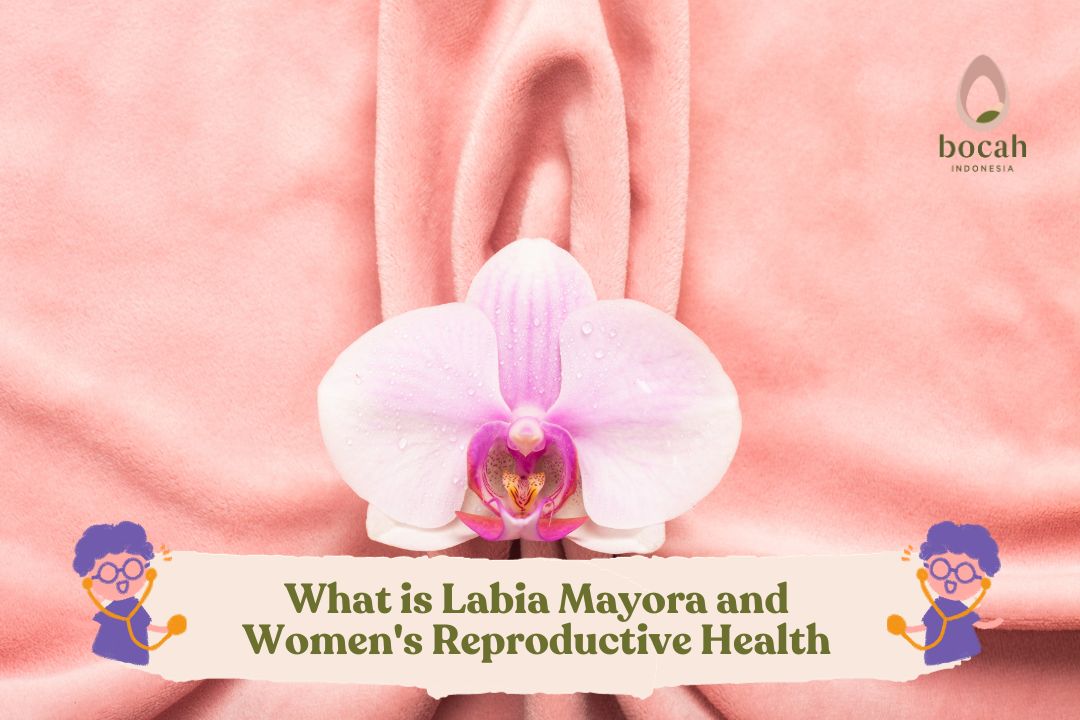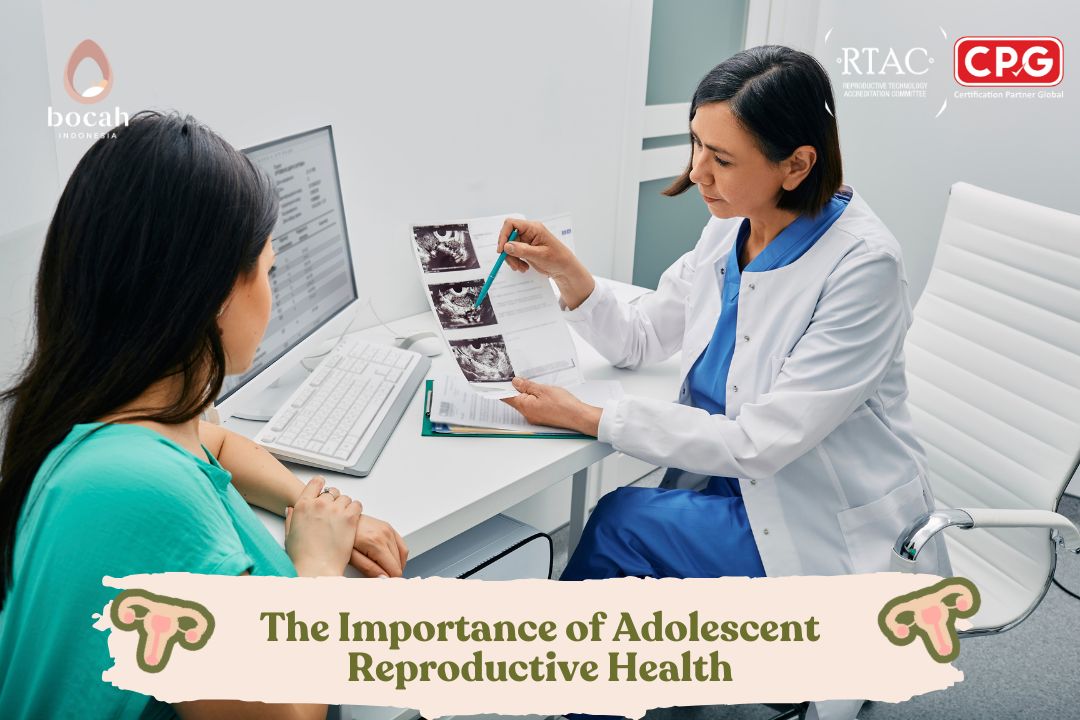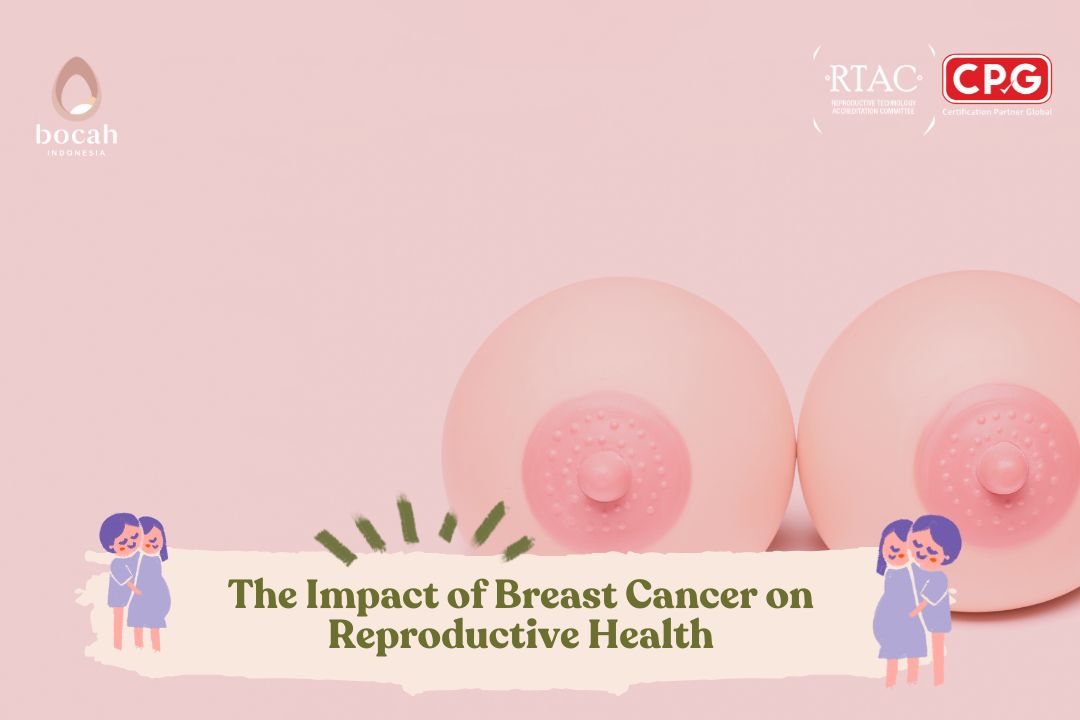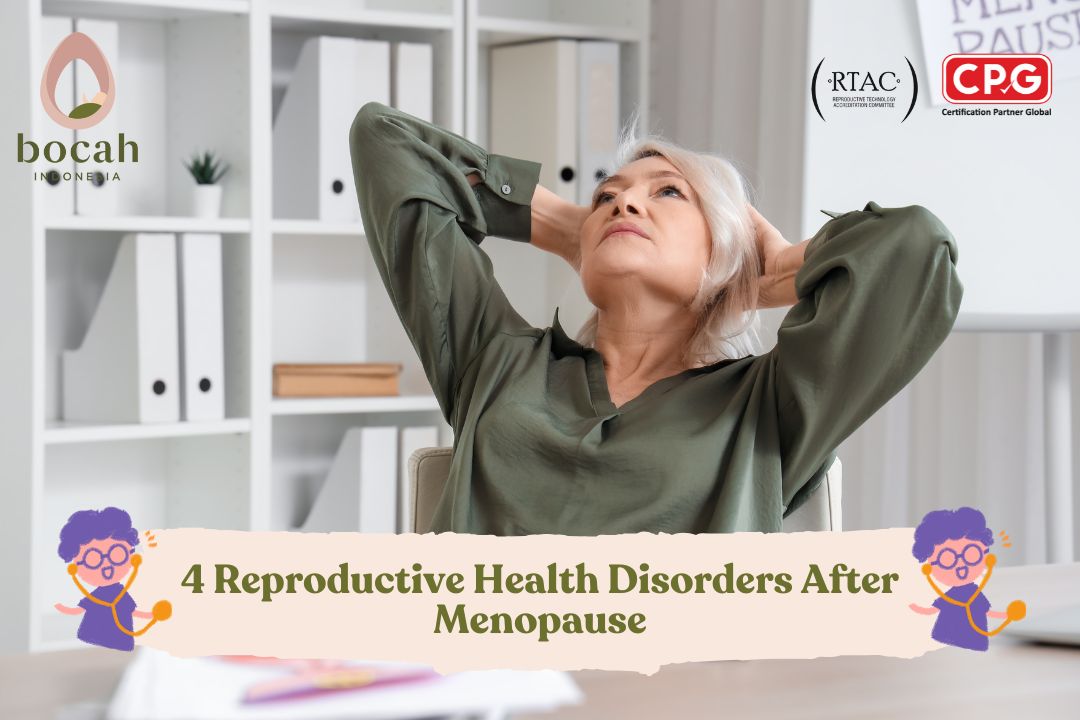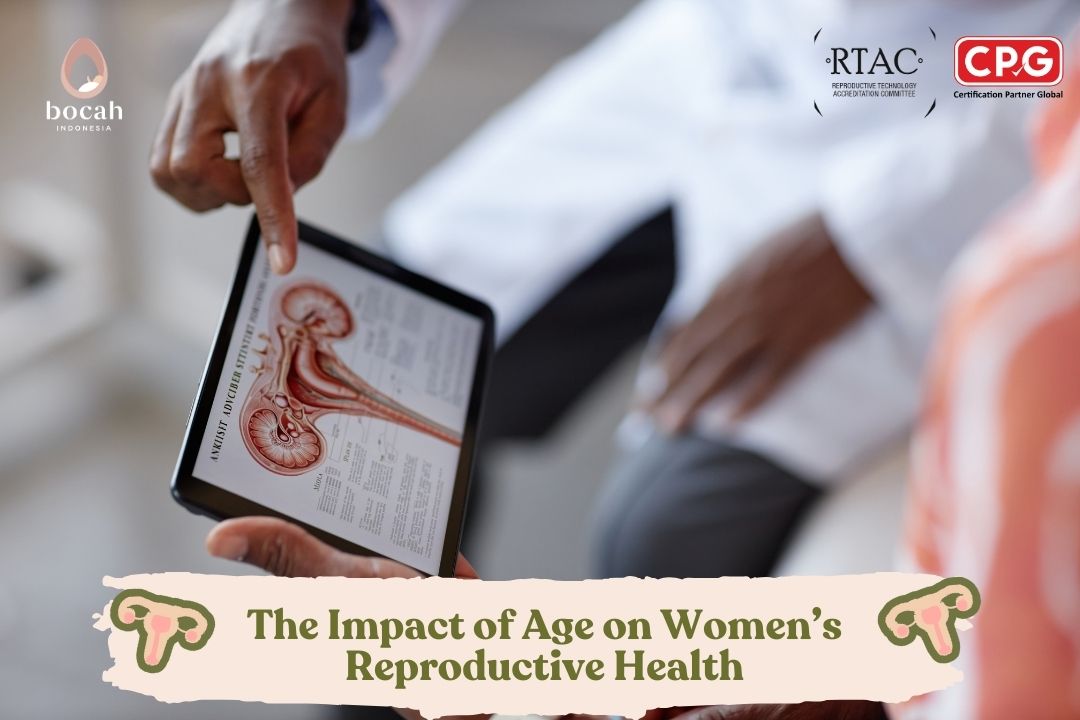Can Taking Birth Control Pills Affect Reproductive Health?
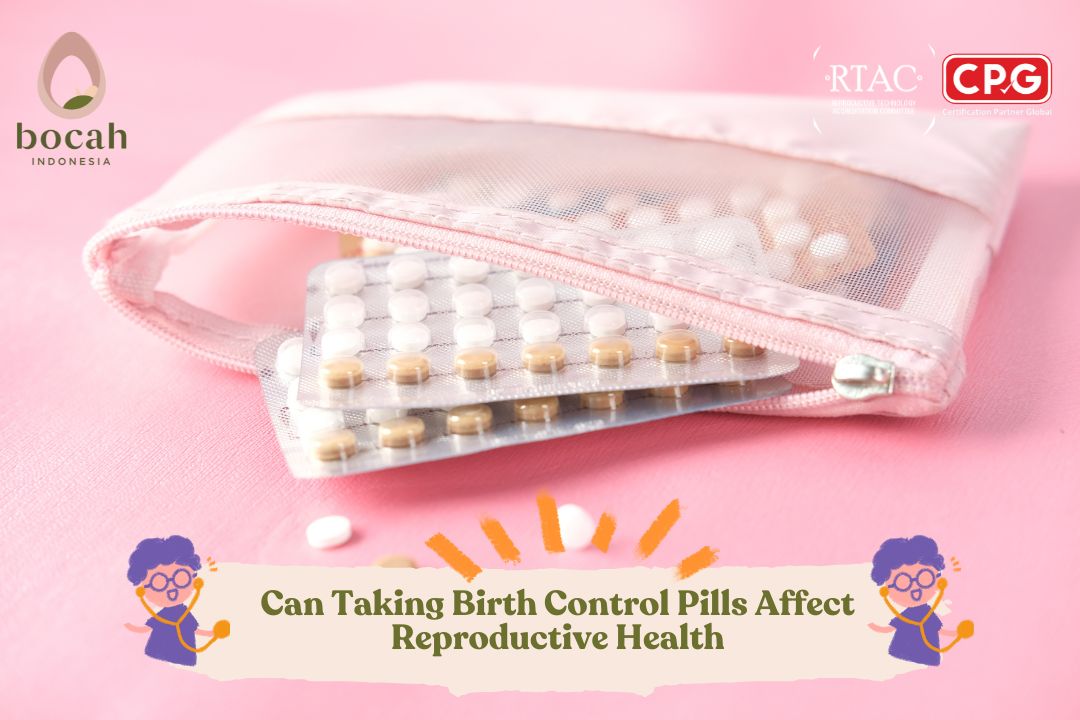
Birth control pills are hormonal contraceptives commonly used to prevent pregnancy. But do they have any effect on the health of reproductive organs?
Most couples are already familiar with birth control pills. They are often chosen by those who want to delay or prevent pregnancy. These pills work by interfering with fertilization and embryo implantation. Birth control pills prevent ovulation and thicken the cervical mucus, making it harder for sperm to reach the egg.
To be effective, birth control pills must be taken regularly at the same time every day. However, it’s important to note that birth control pills do not protect against sexually transmitted infections (STIs), such as HIV/AIDS.
How to Take Birth Control Pills Properly
Before starting birth control pills, it is recommended to read the instructions on the packaging. For first-time users, it’s best to begin taking the pills on the first day or within the first five days of the menstrual cycle. This ensures that by the end of menstruation, the pill is already effective in preventing pregnancy.
If the pill is taken at a different time (outside of menstruation), it must be taken consistently for 7 days before becoming fully effective. During these 7 days, it’s advisable to use an additional contraceptive method such as condoms.
Tanya Mincah tentang Promil?
For progestin-only pills, the timing differs slightly from combination pills. Progestin pills provide protection faster—ideally taken on the second day of the menstrual cycle.
These pills must be taken daily, one pill per day, preferably at the same time. Like combination pills, progestin-only pills allow a 3-hour delay window from the usual intake time.
Health Benefits of Birth Control Pills
In addition to preventing or delaying pregnancy, birth control pills offer several health benefits due to their hormonal content—either progestin alone or a combination of estrogen and progestin. Some key benefits include:
1. Helps Treat Acne
When the body produces excess androgen hormones, it can trigger acne and unwanted hair growth. Birth control pills help lower excess androgen levels, thereby reducing hormonal acne and managing excessive hair growth.
2. Regulates Menstrual Cycles
Irregular menstrual cycles can be caused by various factors such as weight fluctuations, certain medications, or stress. Birth control pills help make menstrual cycles more predictable by regulating ovulation.
3. Prevents and Manages Anemia
Some women experience heavy menstrual bleeding (menorrhagia), which can lead to significant blood loss and a higher risk of anemia. Taking birth control pills along with iron supplements can help reduce menstrual blood loss and prevent iron deficiency anemia.
Do Birth Control Pills Affect Reproductive Health?
Many women may wonder whether birth control pills negatively impact reproductive health. However, evidence suggests that combination birth control pills actually help reduce the risk of ovarian and endometrial cancers.
Additionally, they may also help lower the risk of colorectal cancer, uterine fibroids, and ovarian cysts.
However, birth control pills do not prevent sexually transmitted infections. To reduce the risk of STIs, it’s important to use condoms during intercourse and avoid multiple sexual partners.
To date, no studies have proven that birth control pills are harmful to reproductive health. Nevertheless, it’s strongly recommended to consult a doctor before selecting a contraceptive method.
Source:
Armstrong C. (2010). ACOG guidelines on noncontraceptive uses of hormonal contraceptives. Am Fam Physician. 2010;82(3):288-295.
Cooper, DB., Patel, P. (Updated 2024). Oral Contraceptive Pills. NCBI Bookshelf.
Iversen, L., et al. (2017). Lifetime cancer risk and combined oral contraceptives: the Royal College of General Practitioners’ Oral Contraception Study. Am J Obstet Gynecol. 2017 Jun;216(6): 580.e1-580.e9.
Gallo, MF., et al. (2014). Combination contraceptives: effects on weight.


